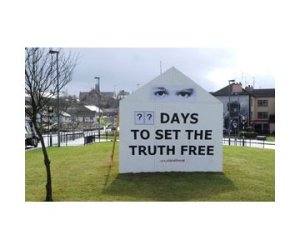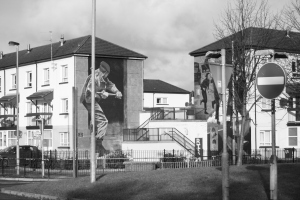In May, IPRT will publish a new report, focusing on the reintegration of prisoners in Ireland. The research study has been carried out over the past 6 months and engaged with a wide range of consultees including service providers as well as former prisoners. The report discusses the situation in Ireland in the context of increasing prisoner numbers and recent cuts in financial resources available to statutory and non-statutory bodies charged with providing assistance to prisoners in preparation for release. The report will highlight the positive changes that have taken place in recent years in this area, as well as making a number of recommendations for further improvement. Full details about the launch will follow next week.
For more information on the report, contact Agnieszka Martynowicz, IPRT Research & Policy Officer, at: research@iprt.ie
For more information about the launch, please contact Mary Gaffney, IPRT Office Manager, at: info@iprt.ie



